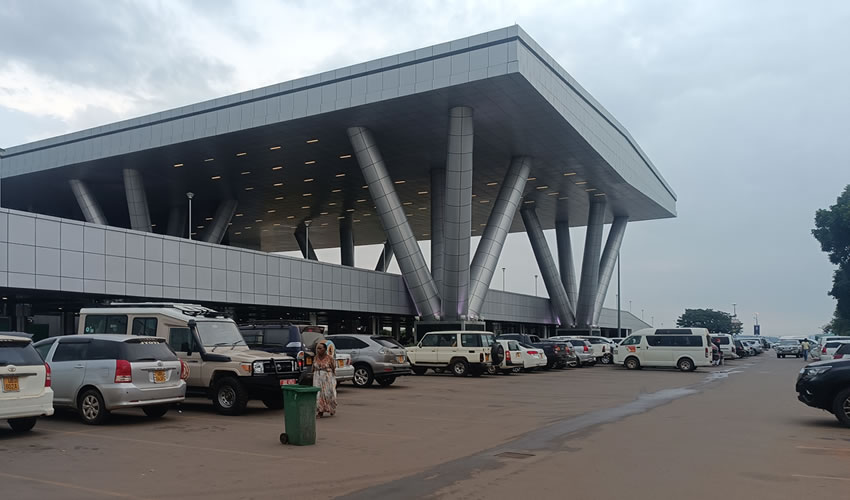By : Hason Mutunzi Bwambale
Recent developments in Uganda's media landscape have sparked a heated debate surrounding the National Association of Broadcasters (NAB) boycott and its underlying intentions. As the government blames NAB for practicing double standards, it becomes crucial to delve deeper into this issue and examine the role of major media houses whose owners may have conflicting interests. This article aims to question the real intentions behind the NAB boycott, particularly in light of the government's directive to channel all MDA advertisements through Uganda Broadcasting Corporation (UBC) starting from March 2023.
The government's accusation of double standards against NAB lies in the association's decision to continue boycotting despite an ongoing discussion with the government and a preplanned meeting with the Head of State, President Kaguta Museveni. Critics argue that by staying on the sidelines, NAB is attempting to manipulate the situation and weaken UBC, essentially handicapping it from competing with privately-owned media houses.
To truly understand the motives behind the NAB boycott, one must consider the broader context of Uganda's media environment. The introduction of the President's directive mandating all MDA advertisements to go through UBC has caused apprehension among major media house owners, who may perceive this move as a threat to their influence and financial gains.
It is important to acknowledge that privately-owned media houses have traditionally held significant power and influence within Uganda's media landscape. These entities are run by powerful individuals who also have vested interests in various industries, including business and politics. Consequently, the President's directive may be viewed as a measure to level the playing field and reduce the concentration of power within the media industry.
The conflict of interest amongst major media house owners becomes evident when considering their diverse business portfolios and political affiliations. It is not uncommon for media owners to have close ties to influential politicians, which can potentially compromise the independence and impartiality of their news coverage.
With UBC being a state-owned media house, the government's directive can be seen as an endeavor to regain control of information dissemination and ensure balanced news reporting. By channeling MDA advertisements through UBC, the government aims to amplify its messages while reducing the influence of media houses with conflicting interests.
Critics argue that the NAB boycott is a misguided attempt to safeguard the interests of major media house owners who fear losing their dominant position within Uganda's media space. They claim that the association is using its influence to pressure the government and protect its members' financial gains and political affiliations.
The ongoing NAB boycott in Uganda has raised questions regarding its true intentions amidst allegations of double standards and conflicts of interest. While the government has blamed the NAB for practicing manipulation and attempting to weaken UBC, it is essential to consider the broader landscape of Uganda's media industry.
The President's directive regarding MDA advertisements going through UBC can be viewed as a necessary step towards reducing the concentration of power within privately-owned media houses. By questioning the motives behind the NAB boycott and examining the role of major media houses with conflicting interests, it becomes evident that concerns about losing influence and financial gains may be at the heart of the controversy.
As Uganda moves forward, it is imperative to strike a balance between media independence, impartiality, and fair competition. Only by fostering an environment that prioritizes the public interest and promotes diverse and objective reporting can the country's media landscape truly reflect the diverse perspectives and concerns of its citizens.








Comments